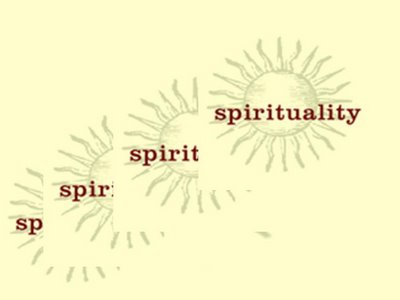Preliminary Guidelines for the Present Situation of “National Emergency”
The response of the government is the declaration of a state of National Emergency, through Proclamation No. 1017. The column of Fr. Joaquin Bernas, S.J., in today’s Philippines Daily Inquirer, explains the constitutional basis for and scope of emergency powers in the Proclamation. But Fr. Bernas also points to the disturbing inclusion of what seem to be martial law powers in the President’s declaration, particularly in its appeal to Article XII, Section 17 of the Constitution, concerning the temporary takeover of privately owned businesses and utilities, a move that seems aimed at government control of the press and media.
B. Some Guidelines:
Democracy demands the rule of civilians who are legitimately chosen from and by the people, and not simply kept in power by military might. It is important to recall the principle articulated by the CBCP in its pastoral statement of January 2006: actions that “condone violence or counter-constitutional means in resolving our present crisis” are not acceptable, especially since they “would only bring about new forms of injustice, hardships, and greater harm in the future.”
2. The serious threat to democratic freedoms involved in Proclamation No. 1017 should be exposed, questioned, and resisted. Even constitutionally mandated emergency powers can be abused if they are exercised disproportionately, to the point of undermining basic rights. It is alarming that, even now, there seem to be indications of this abuse, such as the arrest of civilians without clear bases and charges. This is a serious and unacceptable violation of civil and political rights.
Furthermore, the present administration’s actions towards controlling the media must be resisted. Not only are these moves of questionable constitutionality, but state takeover of media seems morally unjustified, as such a measure would violate the freedom of expression which is a fundamental tenet of democracy.
- We must not be naïve and uncritical. Many groups have taken and will continue to take advantage of the present confusion. We, especially religious and Church groups, must be wary about which groups we identify with, lest we indirectly legitimate and support antidemocratic groups with vested interests. The question of the future governance of the country, should the present administration collapse, is not a matter of indifference, but a serious moral consideration. Who assumes power, with what mandate and what agenda, are questions that we must seek answers to from those who would solicit our support.
- The present administration’s actions to frustrate legitimate constitutional means of reform and accountability must be held largely responsible for the present crisis. Government’s constant attempts to evade accountability and true reform have made the military solution seem attractive and inevitable to some.
Thus, it is necessary that the following be addressed with greater urgency: the search for truth on the many controversies of the recent past; the revamp of COMELEC and other necessary electoral reforms; reforms in the military; and the continuing search for solutions to the problems of poverty and inequality that beset most of our people.
C. Some Immediate Courses of Action:
In this situation, the following are appropriate immediate courses of action:
- Gatherings of prayer for peace and a non-violent resolution of the crisis;
- Gatherings to exchange reliable information, and to discern collectively in the light of emerging developments;
- Expressions and actions of protest against the curtailments of democratic freedoms in Proclamation No. 1017.



